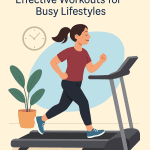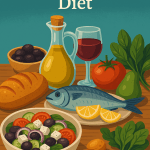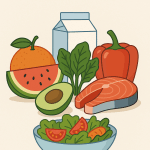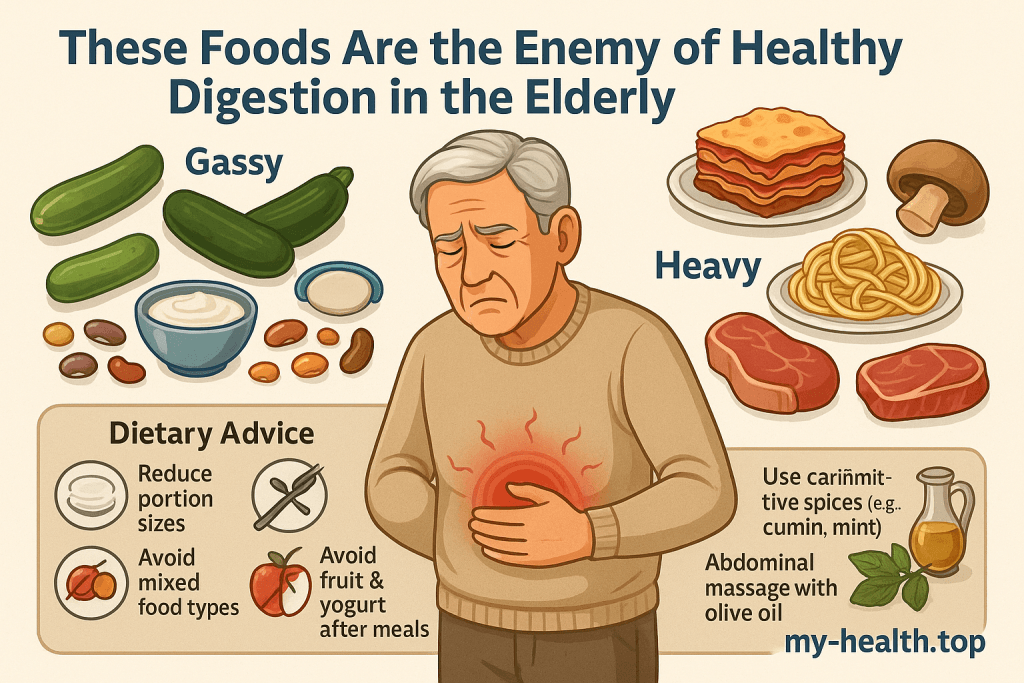According to a specialist in traditional medicine, bloating is more commonly observed in older individuals than in younger people. This is because as age increases, an individual’s “mizaj” (temperament or constitution) tends toward “coldness,” and the cause of bloating in the elderly is attributed to this colder temperament.
Dr. Fatemeh Toyserkani, a specialist in traditional medicine, tells Khabar Online: “In conventional medicine, there isn’t a single definition for diagnosing bloating, but criteria such as the feeling of bloating or visible distension, recurring at least three days a month for the past three months, are considered. However, in traditional medicine, stomach bloating is defined as a feeling of swelling and ‘wind’ in the stomach. This condition is associated with issues like constipation, weak digestion, indigestion, and a feeling of heaviness in the abdomen.”
What Causes Bloating?
From the perspective of traditional medicine, causes such as weakness, stomach-related ailments, consuming unsuitable foods, or improper eating habits can lead to bloating. For instance, due to “coldness” of the stomach, an individual may experience bloating regardless of what they eat. This is because the stomach lacks the necessary heat for digestion and cannot fully process “moisture.” Consequently, the vapors are not broken down, leading to swelling and ‘wind’ in the stomach.
The Cause of Bloating in the Elderly
Bloating is more common in older individuals than in the young. As age increases, a person’s temperament (mizaj) trends toward “coldness,” and this is cited as the reason for bloating in the elderly. Additionally, bloating is more prevalent in individuals with digestive disorders like constipation and Irritable Bowel Syndrome (IBS), or in those with chronic diseases such as celiac and diabetes, due to nerve involvement in the stomach lining.
The “Enmity” of Gassy (Flatulent) Foods
Most fresh fruits and vegetables (especially zucchini and cucumber), as well as yogurt and dairy products (due to their high “moisture”), and foods like lentils, beans, fava beans, chickpeas, and other legumes are inherently ‘gassy’ (flatulent).
However, there are also foods that cause bloating because they are “heavy” (ghaliz) and slow to digest, such as leftovers, mushrooms, pasta, lasagna, and beef/veal. The more these foods are consumed in excess, the more bloating and symptoms they will cause.
If Diet Is Not Corrected, No Medicine Will Be Effective
If dietary habits (ādāb) are corrected, medicinal treatment will be successful. Otherwise, herbal and conventional (chemical) medicines will not have the desired effect, or their impact will be temporary and fleeting.
Effective measures for preventing and controlling bloating include:
- Reducing the amount of food consumed in each meal.
- Avoiding eating several different types of food together.
- Consuming a very small amount of salt just before and after the meal.
- Not eating until one is truly hungry.
- Chewing each bite thoroughly (around 30 to 40 times).
- Avoiding liquids, fruit, and yogurt from 30 minutes before until two hours after a meal.
- The necessity of using carminative (gas-relieving) spices during cooking or consumption, such as cumin, cinnamon, mint, thyme, coriander seed, and anise.
- Avoiding the consumption of raw foods (like fruit and salad) alongside cooked meals (though consuming olives and certain types of fresh herbs is permissible depending on the individual’s stomach temperament).
Circular Abdominal Massage with Olive Oil
Other recommendations include:
- Eating light and easily digestible foods such as Mung bean rice (Mash Polo), Istanbuli (a tomato-based rice dish), Tahchin (layered rice cake), and one-pot meals where ingredients (like chicken or lamb) steam together with the rice.
- Adding a small amount of cumin, saffron, or dried dill when steaming rice.
- Avoiding spicy, salty, sour, heavily-spiced, fatty, and fried foods.
- Avoiding coffee, cocoa, strong tea, carbonated drinks, doughy foods (like pastries), fast food, ice water, and heavy, processed (ready-made) meals.
- Waiting at least two hours between dinner and nighttime sleep.
- Performing a circular massage on the abdomen with olive oil, 30 times in a clockwise direction.








Post a comment